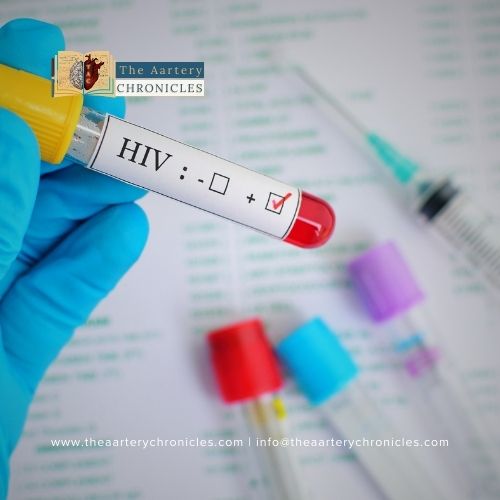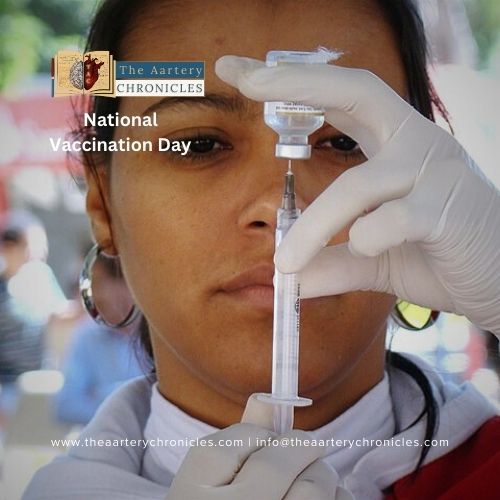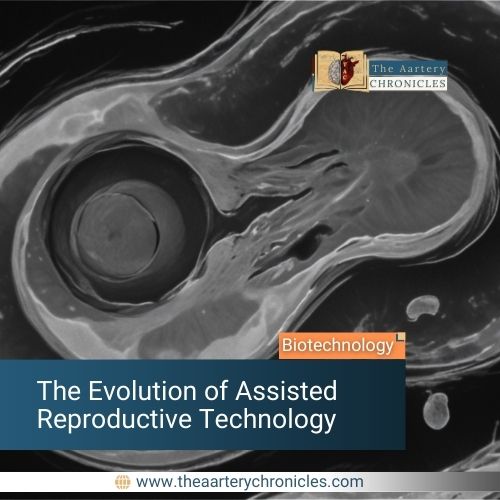

Understanding Women's Reproductive Health, Pregnancy, & Menopause
Learn about common reproductive health issues in women, prenatal care during pregnancy, and menopause symptoms and treatments. Prioritize your reproductive health with regular check-ups, safe sex practices, a healthy diet, and exercise.
What is Reproductive Health?
Reproductive health refers to the overall health and well-being of the reproductive system in women. Some of the most common reproductive health issues in women include:
Menstrual Disorders
Irregular periods, heavy bleeding, painful periods, and premenstrual syndrome (PMS) are common menstrual disorders that can affect a woman’s reproductive health. Treatment options include hormonal birth control, nonsteroidal anti-inflammatory drugs (NSAIDs), and lifestyle changes.
Infertility
Sexually Transmitted Infections
Pregnancy
Pregnancy is a unique time in a woman’s life, and it requires special attention to ensure the health and well-being of both the mother and the developing fetus. Some important aspects of pregnancy include:
Prenatal care involves regular check-ups with a healthcare provider to monitor the health of the mother and the developing fetus. This includes regular ultrasounds, blood tests, and physical exams.
Proper nutrition is essential during pregnancy, and women should focus on eating a balanced diet that includes a variety of fruits, vegetables, whole grains, and lean protein sources.
Exercise during pregnancy can have many benefits, including reducing the risk of gestational diabetes, improving mood, and increasing energy levels. However, pregnant women should consult with their healthcare provider before beginning any exercise regimen.


What is Menopause?
Menopause is a natural transition that occurs when a woman’s reproductive years come to an end, typically between the ages of 45 and 55. Some common issues that women may experience during menopause include:

Hot Flashes
Hot flashes are a common symptom of menopause, and can cause sudden and intense feelings of warmth, sweating, and flushing. Treatment options may include hormone replacement therapy, medications, along with lifestyle modifications.
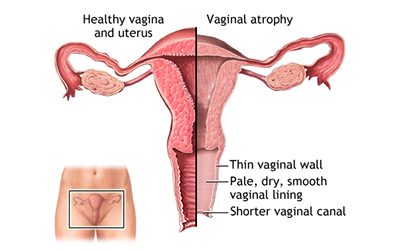
Vaginal Dryness
Menopause can cause vaginal dryness, which can be uncomfortable and can increase the risk of vaginal infections. Treatment options include topical creams, hormonal therapies, and lubricants.
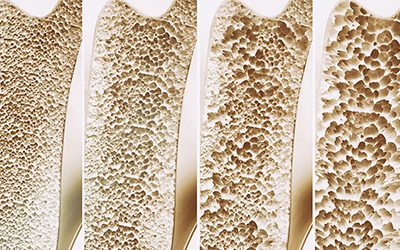
Osteoporosis
Women are at increased risk of developing osteoporosis after menopause due to the loss of bone density. Treatment options include medications, calcium and vitamin D supplements, and lifestyle changes.
Overall, women need to prioritize their reproductive health, especially during pregnancy and menopause. This includes regular check-ups with healthcare providers, practising safe sex and contraception, maintaining a healthy diet and exercise regimen, and staying informed about potential health issues and treatment options.

Author: Dr. Malhar Mone, M.B.B.S


